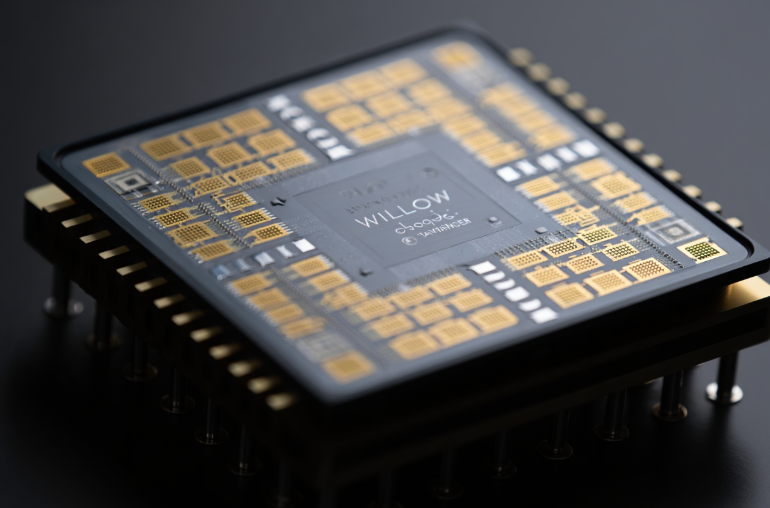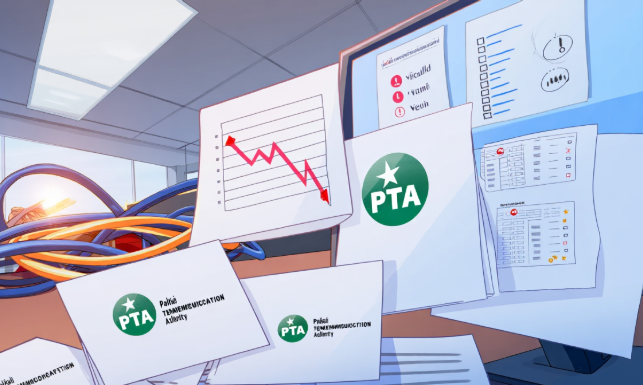Japan Demands OpenAI Stop Using Ghibli Content Without Permission
Japan has raised strong concerns over the use of Studio Ghibli content by OpenAI without official approval. The dispute centers around claims that copyrighted scenes, art styles, and characters from iconic films may have been included in AI-generated outputs. Japan’s government and Studio Ghibli supporters say the use of these materials threatens the rights and creative identity of one of the most beloved animation studios in the world.
Why Japan Is Taking Action
Studio Ghibli is known for classic animated films like Spirited Away, My Neighbor Totoro, and Howl’s Moving Castle. These works are deeply protected by copyright laws in Japan and internationally. Officials argue that if AI models can freely learn from and recreate these visuals, the studio could lose control of its creations and future profits. This action aims to protect animation artists and ensure ethical AI development.
Japan has asked OpenAI to stop using any Ghibli-related content for training AI models without explicit permission. The government is also pushing for stronger global rules to prevent misuse of copyrighted digital materials by machine-learning systems.
What This Means for AI and Creators
This case highlights a growing conflict in the tech world: AI companies need large datasets, while artists demand respect and compensation for their work. If regulations tighten, OpenAI and other tech giants may be forced to pay studios or remove copyrighted data from training sets.
The move could set a global precedent, shaping how AI companies interact with the entertainment industry. Fans of Studio Ghibli see this as a necessary step to protect creativity and maintain the cultural value of hand-drawn animation.






